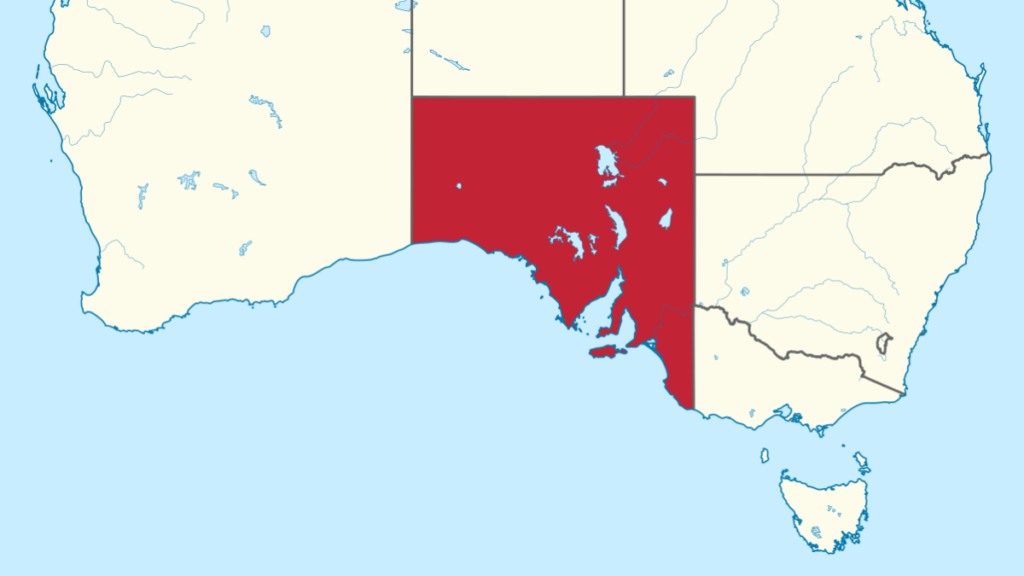Australia will hold a federal election in May that will bring the country’s 47th parliament into government. The occupants of all 151 seats in the House of Representatives and 40 of the 76 seats in the Senate will be elected. The incumbent liberal-national coalition government of Prime Minister Scott Morrison, who is aiming to win a fourth consecutive term, will be challenged by Labor, led by opposition leader Anthony Albanese. The Greens, United Australia, One Nation and other minor and independent parties will also participate in the election.
Meanwhile, on March 21, in the State of South Australia, one of the six independent territories that make up the federation, the local elections confirmed what the polls predict for the federal ones as well. Namely, Peter Malinauskas, leader of the South Australian Labor Party since 2018, married and a father of three, is the new premier, after defeating Steven Marshall with an overwhelming result.
Now, it might also seem uninteresting to have an election result from a country at the antipodes, inhabited by a million 676,653 people in all, but in reality what is worth recording is that this victory gives some hope more generally regarding life, nascent life, the life of children in the womb.
In fact, outgoing Prime Minister Steven Marshall and his deputy prime minister Vicky Chapman were the ones who led the campaign to legalize abortion up to birth in South Australia, despite the contrary opinion of the public and the march of more than 5,000 people who were openly opposed to the bill.
“The Termination of Pregnancy Bill, as it was called, was passed with some amendments and four of the six Liberal MPs who lost their seats in the [March] election had voted in favor of abortion until birth,” writes Ben Kruzins for Christian Today. “In contrast, nearly all of the MPs, both Liberal and Labor, who voted against the Termination of Pregnancy Bill have kept their seats. The new premier and Labor leader Peter Malinauskas was among those who voted against the bill.”
It is reasonable to think that the outgoing government is paying the price of political choices which people in the countryoppose, especially with regard to the positions taken during the fight against the COVID-19 pandemic, but it is also possible to hope that the recent vote is the expression of a popular will that does not align itself with the culture of death proposed by so many parties. A popular will that is finally pro-life, which those who will govern from now on must take into account.
